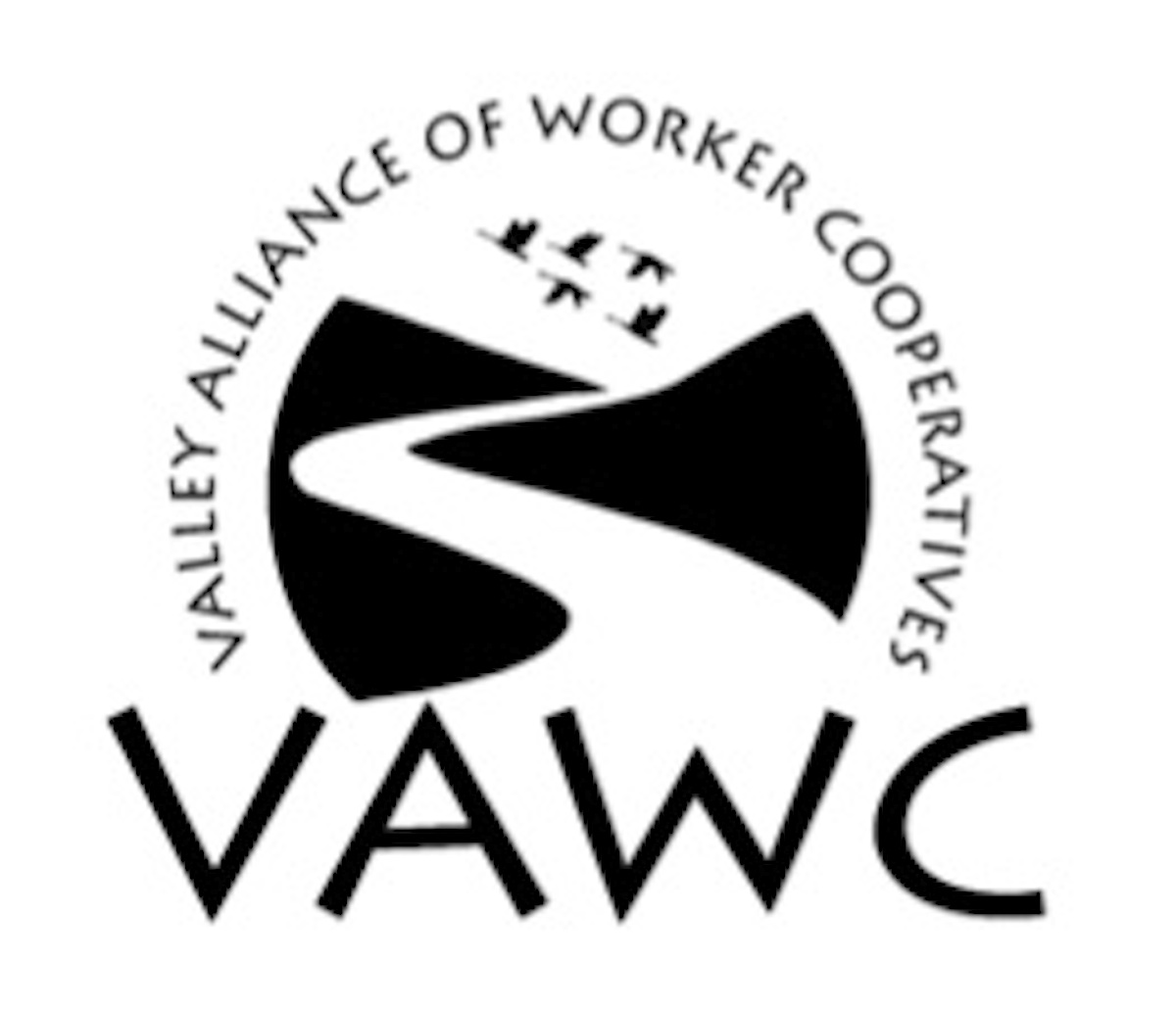VAWC is constantly working with partners, legislators and our members to advance worker co-operation in our region. Most recently, we worked with partners in Massachusetts to increase funding for worker owned firms and are now in the process of improving the position of worker co-ops in funding in general.
We have had several successes in fighting for the preservation of our co-op identity and have the fortune of several legislative partners in doing so.
Political Platform
Our goals for the following Policy Recommendations and Issue Statements are to a) recognize the unique role of co-operatives – and worker co-operatives at times in particular – in rooting wealth and jobs in communities; improving access to services and goods for their members; and forming intergenerational assets that serve members and are democratically governed. We seek to create improved conditions for co-operatives to form and thrive for an inclusive, sustainable economy.
Issue: Funding Co-operative Development, Part A
Recommendation
Co-operatives fund co-op development through a required 3% annual contributions of surplus to co-operative development agencies where co-ops have democratic representation and control.
Rationale
For policy makers: Establishing our city, state or nation as conducive to co-operative will develop businesses as intergenerational assets that root jobs and wealth in our communities. A 3% surplus contribution from co-operatives creates a venue for support and participation in the unique process of co-operative development. Solidifying funding for co-op development in this fashion places the responsibility of funding this important model on co-ops themselves as part of their valuable participation in in our city, state or country.
For Co-ops: Co-operatives are member owned and controlled entities and should be at the table of issues that affect them, perhaps most important of which is the development of the co-operative model. For businesses that identify as co-operatives to participate in development serves to protect the co-op identity, add expertise and resources to co-op development and to hold the process as well as the movement accountable.
This policy could be applied to any business calling themselves a co-operative.
Why 3%? Do you know Italian Co-ops? They’re the largest groupings of co-ops in the world. Under Italian co-operative law each co-operative must pay 3% of its annual surplus into a national fund for co-operative development. This contribution is not taxed. The co-operative sector plays a role in directing funds back into the region to finance cooperative development. In this proposal co-operatives would democratically determine which co-op development agencies would receive funds.
Issue: Funding Co-operative Development, Part B
Recommendation
Co-operatives’ Indivisible Reserves should have a reduced tax rate due to the role they have in rooting jobs and wealth in communities with self-sovereignty.
Rationale
For policy makers: Establishing our city, state or nation as conducive to co-operative will develop businesses as intergenerational assets that root jobs and wealth in our communities. Indivisible reserves protect the co-operative through supplying permanent capital, de-incentivising demutualization as Indivisible Reserves would be allocated to an already decided upon entity and provides funds for co-operative development This type of unallocated equity is not available for distribution to members, even if a cooperative were to be dissolved, and protects current and future co-operative members creating intergenerational assets that the Co-operative Principles and Values illustrate co-ops should become.
For Co-ops: Your co-operative can retain permanent capital untaxed and insure your business against closure, sale and insolubility through developing Indivisible Reserves. Instead of distributing to members you can stabilize finances, borrow against IR, disincentives demutualization and build in long term planning of your co-owned business each year you retain IR, tax free.
This policy could be applied to any business incorporated as a co-operative or credit union.
Related information or articles
http://www.canadianworker.coop/resources/documents/indivisible-reserve http://institute.usworker.coop/sites/default/files/resources/390%202013_reynolds_equity.pdf
Issue: Protecting the Co-operative Identity
Recommendation
We support MGL 157, the collaboration it brings with the Secretary of State and urge all worker co-operatives to incorporate using that statute. Misinformed businesses use cooperative and co-op not knowing it is an entity with regulations, principles and values. We ask the Secretary of State to alert entities who use cooperative and co-op without using the co-op identity and, if necessary, to enforce Massachusetts General Law 157, using Chapter 8.
Rationale
For policy makers: Protecting and promoting 157 in Massachusetts would ease partnerships between co-operatives and legislators. Encouraging all co-ops to use 157 also creates simpler data collection on impact of co-ops in Massachusetts.
For Co-ops: Protecting the incorporation statutes for co-operatives in Massachusetts would retain the democratic, member-owned and controlled characteristics unique to co-operatives while also retaining the tax advantages available.
Related information or articles
Massachusetts can fine businesses $10 a day for wrongfully calling itself a co-op: https://malegislature.gov/Laws/GeneralLaws/PartI/TitleXXII/Chapter157/Section8
Issue: Protect Business in Massachusetts
Recommendation
Allow workers forming a co-operative the first right of refusal to purchase their business when put on market for sale.
Rationale
Aging ownership, shifts in owner priorities, buy-outs from out-of-state or international corporations and uninterested family successors dissuade business succession and job retention and their accompanying tax base. Having a policy allowing workers in companies that are selling to form co-operatives allows for job retention and rooting wealth in our communities while retaining economic and community infrastructure. Forming co-operatives also prevents quick resale, unnecessary closings and educates our labor force about business operations.
Issue: Protecting Credit Unions Service to Members
Issue Position
The Valley Alliance of Worker Co-operatives supports the services and structure of credit unions. VAWC stands against further regulations and attacks by banks. Further, VAWC stands for the fact that as member run and controlled entities, credit unions deserve preferential legislation to allow members to save and loan to each other with effectiveness and without encroaching regulation designed to tax profits, which we support.
